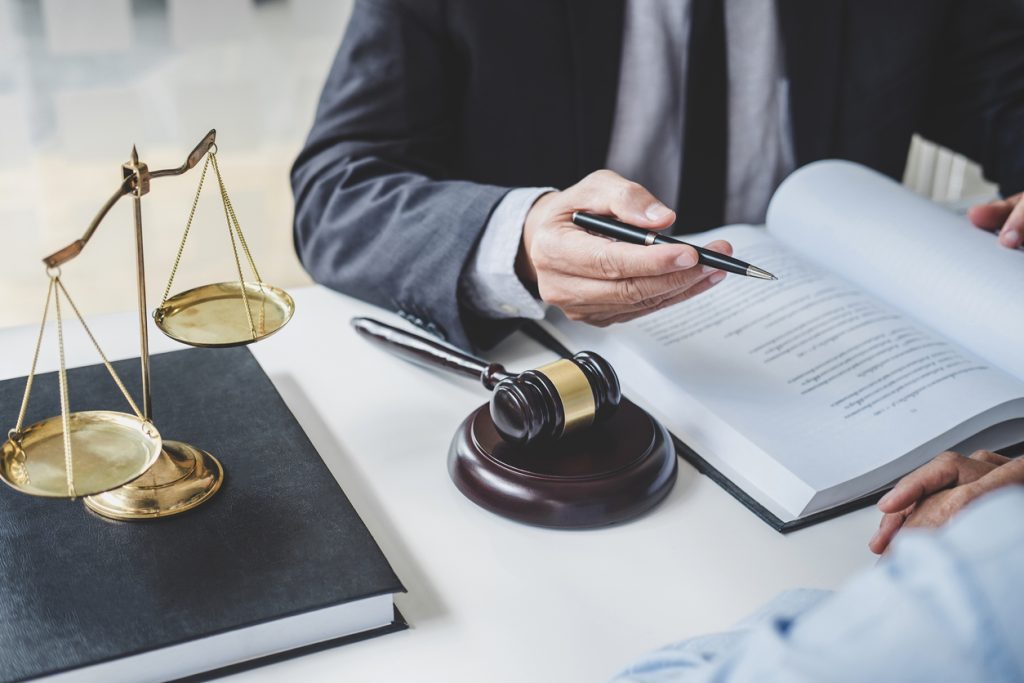The Bill of Rights includes, among other things, a number of rights that everyone has during a criminal trial. These rights help to ensure that people have a fair legal process.
What is the right to a speedy jury trial?
Under the Sixth Amendment, you have the right to a speedy trial by an impartial jury. In effect, this means that the government must bring you to trial in a reasonable amount of time after an arrest. You have the right to be tried by a jury in that trial. But you can waive that right if you want to plead guilty. You can also waive that right if you want a judge to decide whether you are guilty instead of a jury.
States have different laws about what a reasonable amount of time actually is. But if a court decides that there has been an unreasonable delay, they can dismiss the case.
In most cases, all 12 jurors must agree on a verdict. If they do not, this is called a “hung jury.” In the case of a hung jury, a judge can declare a mistrial. If that happens, they may order a new trial or dismiss the case altogether.
What is the right to confront witnesses?
The Sixth Amendment has a “confrontation clause.” This gives you the right to confront any witnesses against you in court. That means that during a trial, you and your attorneys have the right to question any witnesses.
What does the right to attorney provide?
The Sixth Amendment also guarantees your right to have an attorney represent you in a criminal case. If you cannot afford an attorney, the court will appoint one for you at the expense of the government. You do have the right to defend yourself if you want to as well. But a judge may require that an attorney represent you if they believe it is necessary.

What does “pleading the fifth” mean?
The Fifth Amendment protects your right to not self-incriminate at your own trial. When someone “pleads the fifth” it means that they are exercising their right to remain silent. You do not have to testify when you are the defendant. And the court will instruct the jury not to use your silence against you.
What does the right to not be put in double jeopardy mean?
The Fifth Amendment says that no person will “be subject for the same offense to be twice put in jeopardy of life or limb.” Basically, this means that you cannot be tried twice for the same criminal act.
But there are some important exceptions to this rule. You can be charged by different court systems for actions that arise out of the same event. For example, state and federal courts can both try you for related actions if you violated both federal and state law. This statute does not protect you from being tried for the same act in civil court. In addition, you can be tried on identical charges for separate crimes. So, for example, if you trespassed on a property on May 24 and again on May 25, you can be charged twice.
In addition, if your charges get dismissed without prejudice, the government can pursue those charges against you again. This can also be true in the case of a mistrial.
The Takeaway:
The Bill of Rights protects a number of your rights, including several rights that apply in criminal cases. You have the right to a speedy trial by an impartial jury. Your rights to confront witnesses and have an attorney represent you are also projected. The Bill of Rights also protects your right to not be placed in double jeopardy and to not self-incriminate.






